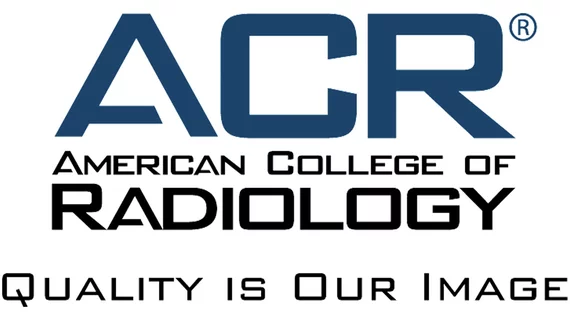ACR: Virtual colonoscopy has power to increase colorectal cancer screening throughout the US
The American Cancer Society (ACS) updated its recommendations for colorectal cancer screening this week, lowering the age people at average risk should begin screening from 50 to 45. The American College of Radiology (ACR) has issued a statement of its own, highlighting the benefits of virtual colonoscopy, an ACS-approved colorectal cancer screening method.
“Virtual colonoscopy does not require sedation,” Judy Yee, MD, chair of the ACR Colon Cancer Committee, said in the statement. “It is over in minutes. You can go back to daily activities and you don’t need anyone to drive you home. This can appeal to the many Americans ages 45 to 50 that the new American Cancer Colorectal Cancer Screening Guidelines recommend to be screened.”
The ACR noted that 37 states require the patient’s insurance policy to cover virtual colonoscopy. Many insurance providers—including CIGNA, Aetna and Anthem Blue Cross Blue Shield—cover the test.
Insurers should recognize the new American Cancer Society Colorectal Cancer Screening Guidelines and provide full coverage for virtual colonoscopy and the other ACS-recommended screening exams for beneficiaries ages 45 and older,” Yee said in the same statement.
Rates of colorectal cancers in people under the age of 50 continues to rise, according to the ACR statement, and black patients are “far more likely to die” from colorectal cancer than white patients. Virtual colonoscopy can help clinicians reverse these trends—that is, if all Americans have access.
“Virtual colonoscopy can help increase screening in underserved areas and reduce racial and ethnic disparities in colorectal cancer outcomes, but only if Americans have covered-access to all ACS-recommended screening exams through private insurers and ultimately Medicare,” Yee concluded.

